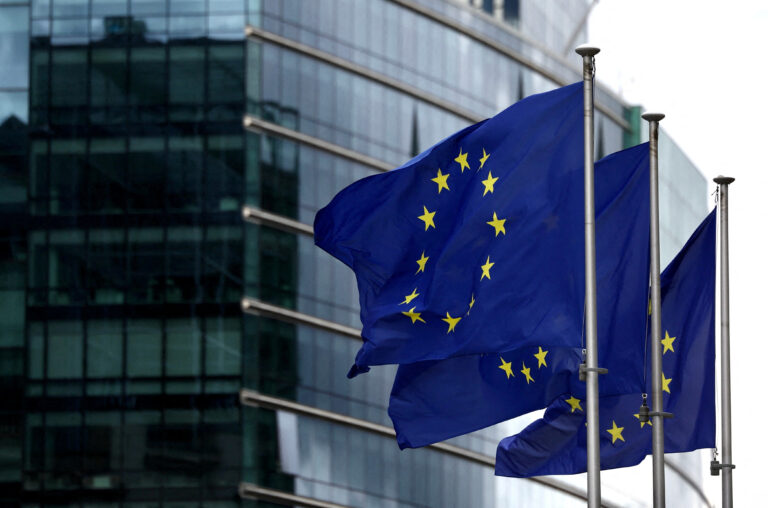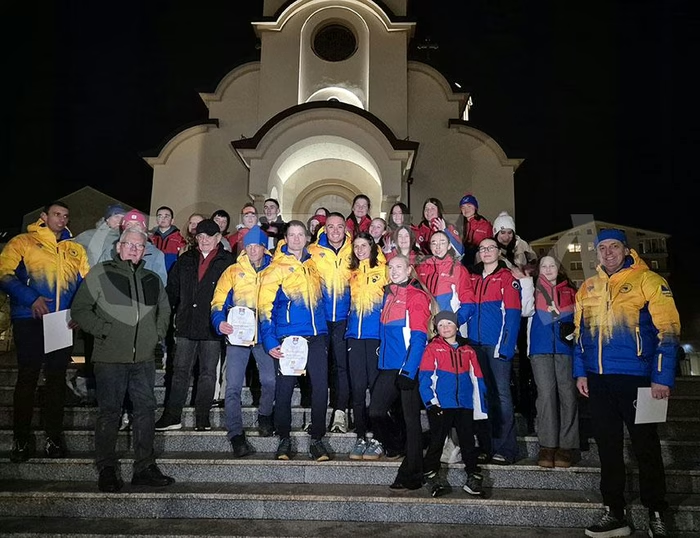
The EU is ready to launch accession talks with Bosnia and Herzegovina at any moment but when exactly that will happen depends solely on Bosnia and Herzegovina, which must implement additional reforms and meet the set conditions, Valentina Superti, the EU's chief negotiator with BiH, said on Tuesday.
The European Council in March this year approved the launching of accession talks with BiH, however, since then a new political crisis has escalated in the country, resulting in a new deadlock, which is why BiH has still not formed its negotiating team or adopted a negotiating framework.
Also waiting for adoption is a set of laws that are insisted on by the Council, which decided to formally approve the launching of talks with BiH but without giving a specific date as to when it would happen.
The office of the Chairwoman of the BiH Council of Ministers, Borjana Kristo, organised a conference in Sarajevo today to confirm the obligations that need to be met.
Superti, who is Director for the Western Balkans at the European Commission's Directorate-General for Neighbourhood and Enlargement Negotiations and who will be conducting negotiations with BiH on behalf of the EU, said it was clear that the EU's door was wide open to BiH, but added that enlargement would be based on merits and the speed of reform implementation as well as the adoption of the EU's body of laws.
Superti called on BiH to show appropriate progress to make it possible for the European Council to determine the negotiating framework and call an intergovernmental conference.
She recalled the country's specific obligations - the adoption of laws on courts, on the High Judicial and Prosecutorial Council, on personal data protection and on border control, as well as the adoption of the 2024 state budget, which has still not been adopted due to internal political disagreements.
Superti also underlined the need for reforms to enable BiH to join the Western Balkans Growth Plan.
Kristo said that she was confident the existing blockades could be removed.
She said that the formation of the negotiating team was under way as was the election of the chief negotiator for BiH, admitting that the country's "broadly decentralised" structure was slowing down all processes, including the country's integration with the EU.
Kristo said that she believed the problems in that regard can be resolved by respecting coordination mechanisms in decision-making and the country's constitutional structure.
She stressed that in the negotiation process she expected special support from Croatia, as well as the other countries in the region that had already started talks on EU accession.
Vladimir Drobnjak, who was Croatia's chief negotiator during the country's EU accession talks, warned at the Sarajevo conference that the EU knows everything about the country it negotiates with but that in that process, the European Commission is the best friend to the accession candidate.
He described talks on EU accession as the most complex process a country can face, with the entire country and not only its expert teams negotiating.
In addition to all of that, there can be no successful talks without a national political consensus, which was the key to Croatia's accession negotiations, he said.
"You always have a friend in Croatia, and if necessary, an advisor and mentor as well," Drobnjak said in a message to BiH politicians.
Kakvo je tvoje mišljenje o ovome?
Učestvuj u diskusiji ili pročitaj komentare





 Srbija
Srbija
 Hrvatska
Hrvatska
 Slovenija
Slovenija



























































